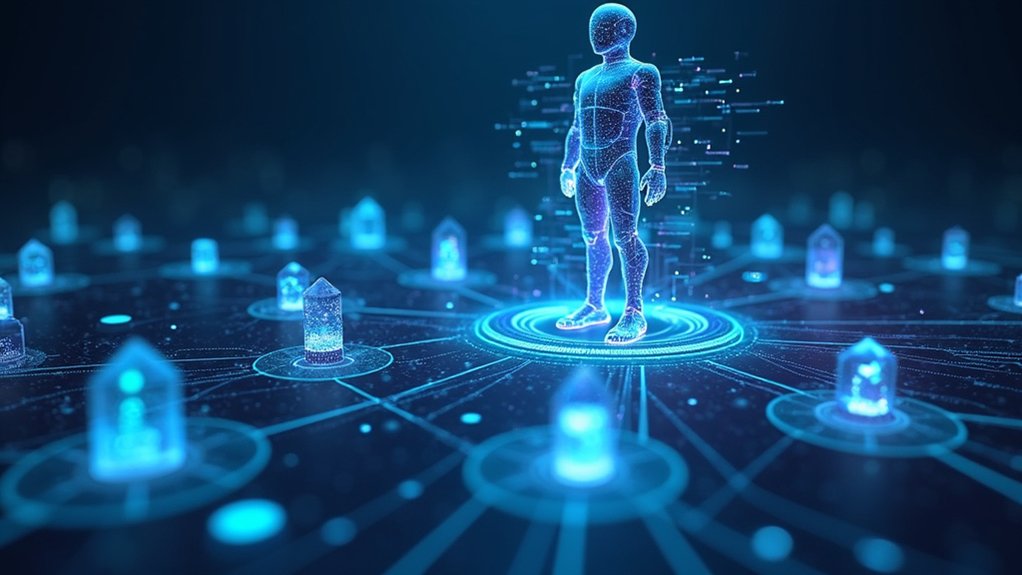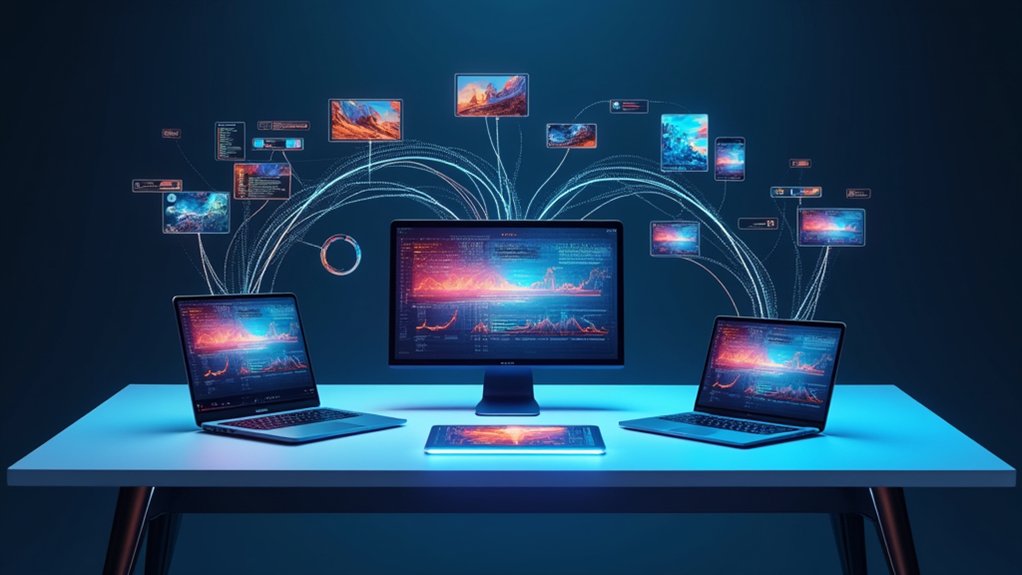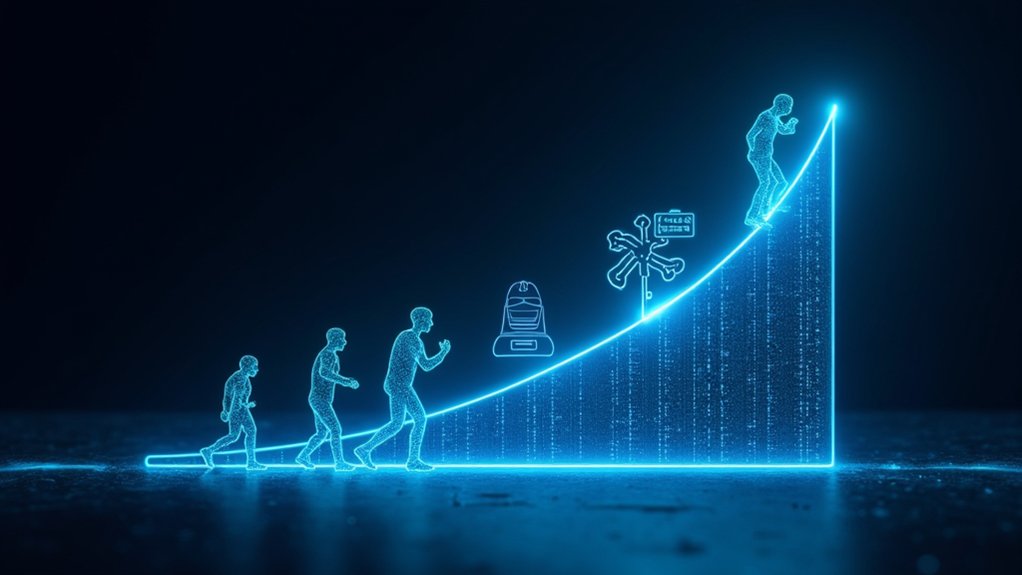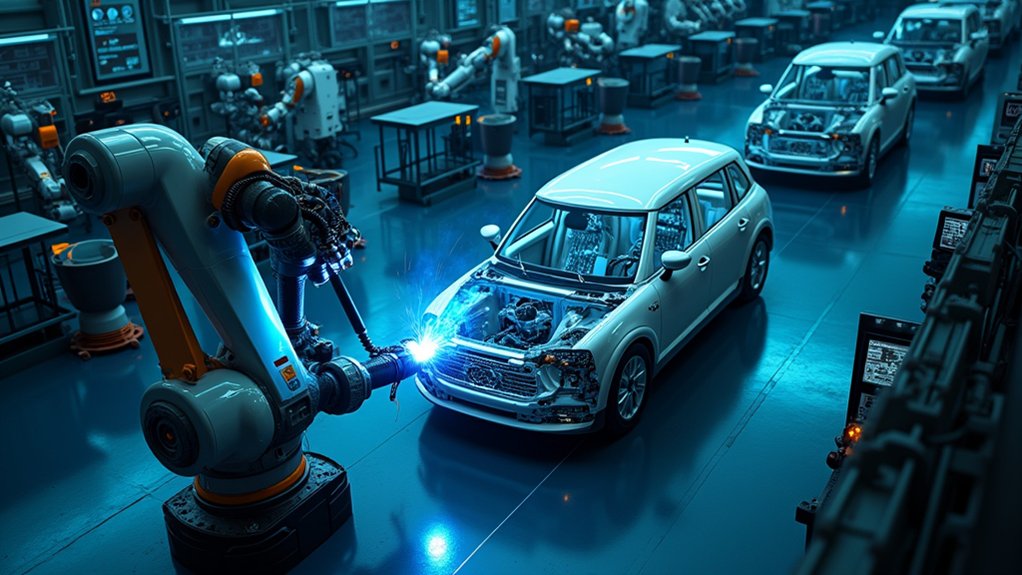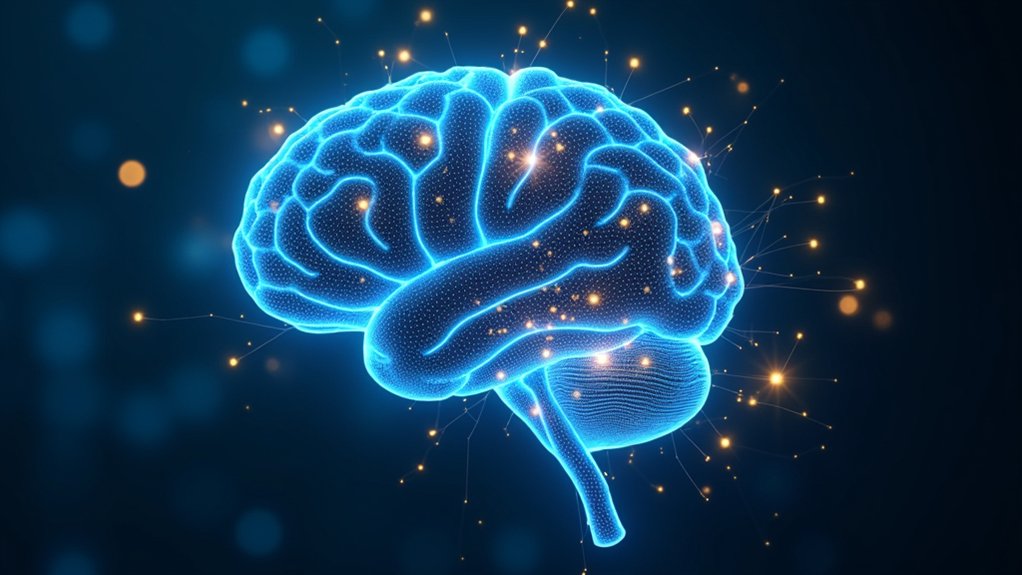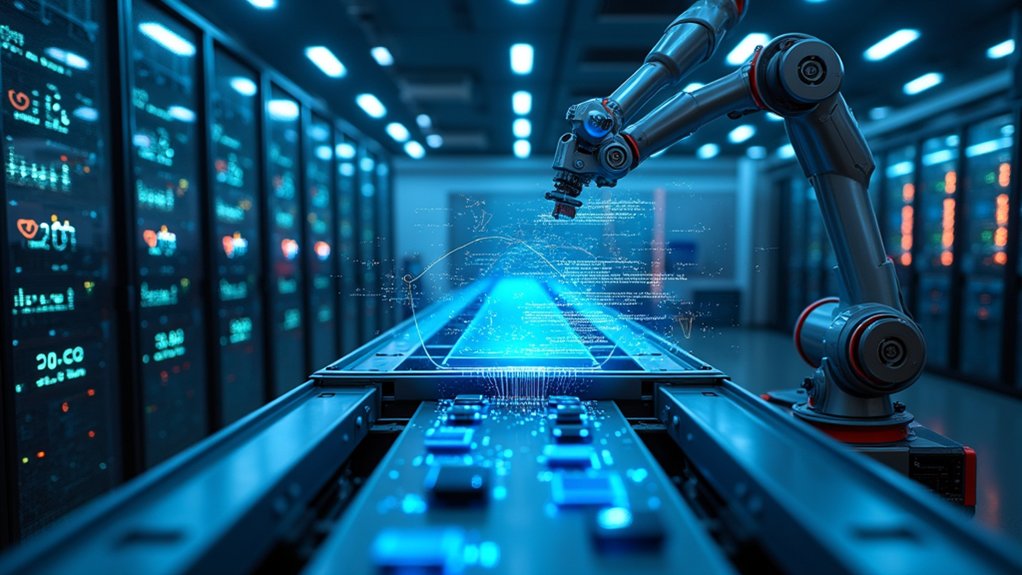AI agents are autonomous software that perceive their environment, make decisions, and take actions to achieve goals without constant human input. They include simple reflex agents, model-based agents, goal-based agents, utility-based agents, and learning agents. These systems power virtual assistants like Siri, autonomous vehicles, and recommendation systems. They combine sensors, knowledge bases, and decision-making mechanisms to function effectively. The technology continues to evolve with increasing capabilities and applications.

The digital assistants that power our smartphones and smart homes are just the tip of the iceberg when it comes to AI agents. These software entities are designed to perceive their environment and act on their own to achieve specific goals without constant human guidance. They represent a fascinating blend of various AI technologies including machine learning and natural language processing capabilities.
AI agents are autonomous software entities that perceive, act, and achieve goals by blending advanced technologies without constant human direction.
AI agents come with essential components that enable their functionality. They use sensors to gather information from their surroundings and actuators to perform actions. A knowledge base stores important information and rules, while a learning component helps them adapt and improve over time. The decision-making mechanism allows them to choose appropriate actions based on their programming.
Scientists classify AI agents into several types. Simple reflex agents respond directly to current inputs. Model-based agents maintain an internal representation of their world. Goal-based agents work toward specific objectives, while utility-based agents aim to maximize a performance measure. Learning agents improve through experience.
These intelligent systems display remarkable capabilities. They can make decisions on their own, adapt to changing situations, understand human language, recognize patterns in data, and plan complex tasks. Their proactive behavior distinguishes them from simple reactive programs as they can anticipate needs before they arise. Many AI agents follow a ReAct approach that combines reasoning and acting to solve problems effectively. In healthcare settings, AI agents are revolutionizing patient care through predictive analytics that can detect diseases earlier than traditional diagnostic methods. We see them at work every day in virtual assistants like Siri and Alexa, autonomous vehicles, recommendation systems on streaming platforms, industrial robots, and financial trading algorithms.
Despite their usefulness, AI agents face significant challenges. Developers must address ethical concerns in their decision-making processes, guarantee they're safe and reliable, maintain transparency in how they work, balance autonomy with human oversight, and prevent bias in their systems.
Looking ahead, experts predict AI agents will become more integrated with IoT devices. They'll develop enhanced emotional intelligence and work together in collaborative systems. Their use in healthcare and personalized medicine will grow, and we'll see more general-purpose agents that can handle a wider range of tasks rather than specialized functions.
Frequently Asked Questions
How Do AI Agents Differ From Traditional AI Systems?
AI agents differ from traditional AI systems in key ways. They work independently without constant human supervision, making their own decisions based on what they observe.
Traditional systems typically follow strict instructions and can't adapt without reprogramming. Agents can learn from experience, interact naturally with humans, handle various tasks, and collaborate with other systems.
They're designed to solve complex, open-ended problems across multiple domains.
Can AI Agents Operate Without Human Supervision?
AI agents can operate without constant human oversight. These systems use machine learning to make decisions based on predefined goals and real-time data. They work 24/7 without fatigue, handling multiple complex tasks simultaneously.
However, they still need human-defined parameters and regular monitoring. Safeguards are essential to prevent unintended actions. While increasingly autonomous, AI agents require ethical guidelines and occasional human judgment for complex situations.
What Ethical Concerns Surround Autonomous AI Agents?
Autonomous AI agents raise several ethical concerns.
Experts worry these systems may perpetuate societal biases through flawed training data. Privacy issues emerge when AI collects personal information without proper consent.
The "black box" nature of AI decision-making creates accountability challenges. Critics also point to potential loss of human autonomy and jobs.
These concerns grow more pressing as AI systems become more independent in making consequential decisions.
How Do AI Agents Learn From Their Environments?
AI agents learn from environments through various methods. They collect data using sensors, cameras, and microphones.
Supervised learning uses labeled data to identify patterns. Unsupervised learning finds hidden structures without guidance. Reinforcement learning improves through reward systems.
Feedback loops help agents adjust when they make mistakes. They're constantly gathering new information and adjusting their behavior based on outcomes and user interactions.
Are There Regulatory Frameworks Governing AI Agent Deployment?
Several regulatory frameworks govern AI agent deployment worldwide.
The EU AI Act uses a risk-based approach, while GDPR protects data in AI systems. The US offers AI Bill of Rights guidelines, and China regulates recommendation algorithms.
Industry-specific rules exist in finance, healthcare, and transportation.
Regulators face challenges keeping pace with rapid technological advancements while balancing innovation and risk mitigation across global jurisdictions.
